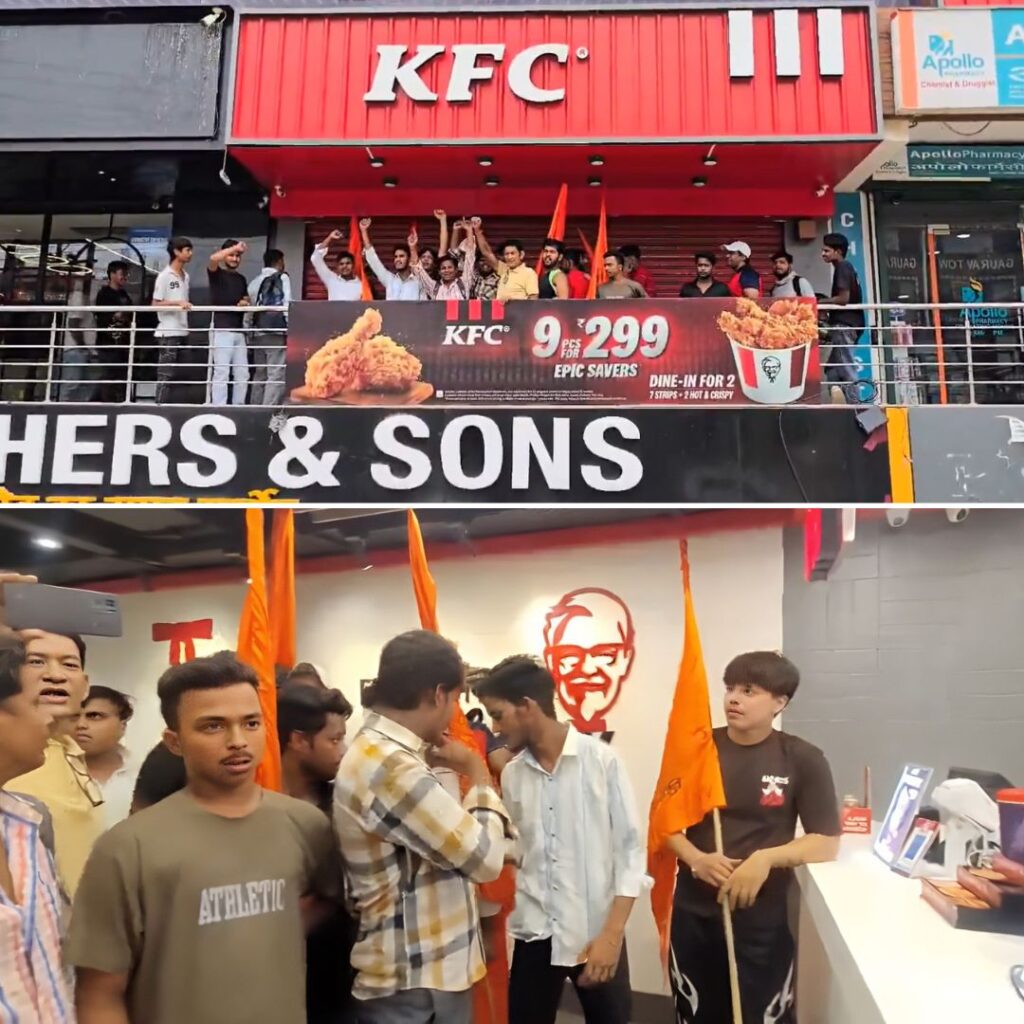Kerala Govt Will Construct Roads Using Waste Plastic
Kerala Govt will Construct roads using waste plastic collected from houses to limit the usage of plastic bags and other products disposed in public spaces. The Clean Kerala Company will now collect torn or discarded plastic from residents and municipal authorities for road construction. The Clean Kerala Company is an organisation involved in a statewide waste management initiatives like converting solid waste into CNG, collecting and recycling e-waste, organising plastic collection drives etc.
According to the Worldwatch Institute, “From 1950 to 2012, plastics growth averaged 8.7 percent per year, booming from 1.7 million tonnes to the nearly 300 million tonnes of today.” [Source: Worldwatch Institute. “Vital Signs, Volume 22: Trends that are shaping our future.” 2015.] Almost about 8 million tonnes of plastic waste is dumped into our oceans which is threatening for marine life as floating bags of plastics are mistaken for jellyfish and is consumed by whales and turtles. Therefore it is lucrative to use the waste plastic for road laying as a promising solution to the mounting crisis of plastics contamination. Also, it reduces road fatigue and improves the quality of roads as they are more resistant to cold weather and rainfall.
The complete process of creating the mixture to lay roads is:
The churned out waste will be heated at 165-degree celsius. It will be then transferred to mixing chambers. The bitumen will also be heated at 160-degree celsius. Shredded plastic waste will be added to the aggregate and will be mixed with bitumen. The mixture will be then used for laying roads.
“The plastic products that have been passed through a shedding machine to CKC will be bought for Rs.15 per kilo from the residents and municipalities.” says Kabeer B Harun as reported. “Three recycling parks will also be set up across Kerala in Kozhikode, Ernakulam and Thiruvananthapuram as proposed by CKC” says Kabeer in an interview with Manorama News
The state government has ordered every local body to use plastic in at least 10% of the roads laid in the areas under their jurisdiction. The CKC will also sell the granulated plastic to contractors for Rs.20 per kg.
But is that all? Let’s consider the second thought. Plastics are virtually indestructible and any attempts to destroy them give rise to new problems and new pollutants. So what can be the possible problem with plastic roads ? Let’s look at the following points as highlighted by Dr.A.Vasudevan, a chemist from Thiagarajar College of Engineering (TCE), Madurai:
Only polypropylene (PP), polystyrene (PS) and polyethylene (PE) polymers should be used for making roads and that PVC (polyvinyl chloride or flex) should not be allowed to contaminate the feedstock of waste plastics used in road laying. Thermal degradation of PVC results in the emissions of harmful gases like hydrochloride acid. Plastics are not merely molecules of carbon and hydrogen. To convert them into daily-use products, chemical additives are added to give them flexibility (softeners and plasticisers), to delay degradation due to heat or sunlight (stabilisers and anti-oxidants), to give them colour, to make them fire proof (flame retardants), to give them body (fillers). The toxicity of most of these chemicals is not known. But the few chemicals that have been studied – like phthalates – a category of chemicals used as softeners, or brominated flame retardants are highly toxic. They can cause birth defects and cancer, and hormonal problems particularly for women According to a presentation on TCE’s website, practically, a 107 square foot plastic road will require 1 lakh plastic carry bags. This makes it appear as though plastic roads are this inexhaustible sink for all the bags we use and throw. But plastic bags are not a collector’s item. No ragpicker will pick up carry bags. Because they are so light, a ragpicker would have to collect a hell of a lot of bags to get Rs. 3 per kg of scrap. So don’t hold your breath – the road to a landscape without carry bags is not a plastic road. Putting the plastics on roads does not make plastics disappear. They are merely hiding. Over time, as the road weathers, the plastic too breaks down into micro-particles of plastic and enter the environment. Scientific studies have found more microplastics than plankton in oceans. Algalita Foundation, which studies plastics in marine environment, reported plastics to plankton ratios of 5.44:1 to 128:1 measured by dry weight.
And despite all the talk about “Reduce, Reuse and Recycle” — a mantra that ironically was promoted by the plastics manufacturers themselves – plastics production continues to grow at a steady rate of 9 percent. Will that curb the mounting crisis of plastic contamination?
Let us know your views on the decision taken by CKC and tell us if it is the appropriate way to curtail the use











